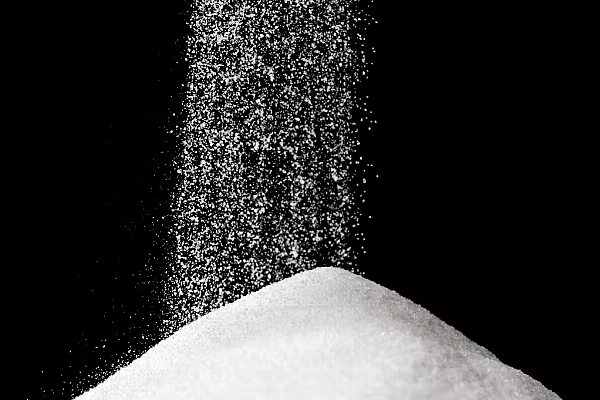British Sugar Plc plans to keep output at a reduced level next season to draw down inventories before rules that limit on European Union production end next year.
The UK’s only beet-sugar processor will keep output close to 1 million metric tonnes in the 2016-17 season that starts in October, Richard Pike, managing director of British Sugar, said Tuesday in an interview at the National Farmers Union conference in Birmingham, England. It would be a second year of lower production after record output of 1.45 million tonnes in 2014-15.
British Sugar, owned by conglomerate Associated British Foods Plc, is seeking to reduce UK inventories that were more than five times the normal level at the start of the season, Pike said. Stockpiles need to be reduced before the end of the quotas system in the European Union next year, at which point the EU market will be oversupplied, he said.
European sugar output from beets will rise as much as 20 per cent by 2017 as the end of quotas mean producers can sell as much as they want locally with no limit on exports, according to Tereos, France’s largest beet-sugar processor. At the moment, the limit on EU production means demand is partially met by imports and overseas sales are capped at 1.35 million tonnes under an agreement by the World Trade Organization.
British Sugar will use its production and inventories to meet UK demand. The company is working to reduce UK stockpiles to about 100,000 tonnes by the end of next season, Pike said. Inventories were 530,000 tonnes in October, he said.
British Sugar plans increases production to about 1.3 million tonnes in the 2017-18 season. Still, the UK, which uses about 2 million tonnes of sugar a year, will probably need to import.
It’s not likely that European companies will build more processing factories in the UK, he said. British Sugar has closed factories in the past several decades and now operates only four, down from 18 in 1971.
The UK will probably still import raw sugar for processing when quotas end because refiners can take advantage of fluctuating spot prices, while beet producers usually have a fixed-price contract with farmers, he said. British Sugar expects to have a new proposal by June on how farmers will get paid for the beets after quotas end, Pike told growers at the conference.
News by Bloomberg, edited by ESM. To subscribe to ESM: The European Supermarket Magazine, click here.














